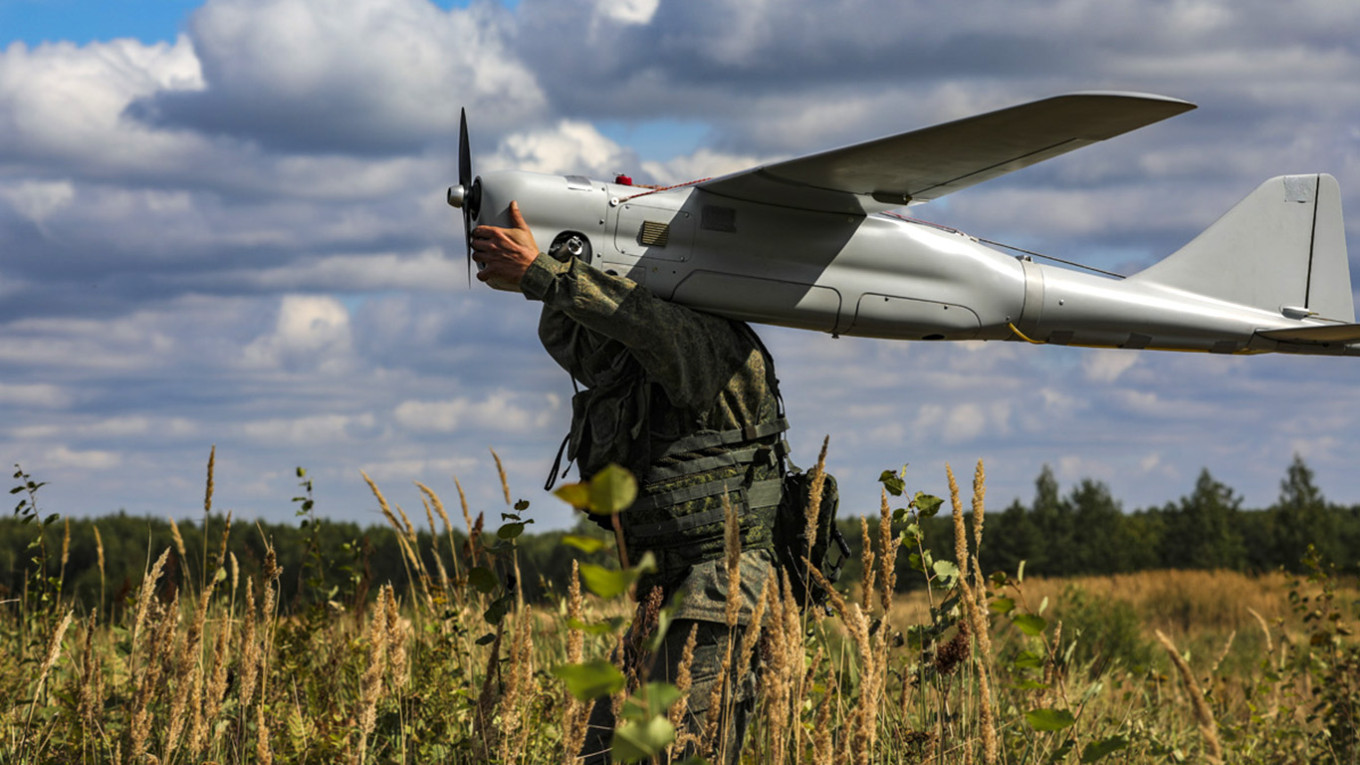Myanmar's Price Controls Exacerbate Economic Crisis
Myanmar's new price controls lead to shortages, deepening economic woes and making basic goods unaffordable.

The military regime of Myanmar, led by Senior Gen. Min Aung Hlaing, is tightening the grip of price controls on daily necessities as a response to the massive inflation the country is witnessing. Yet, following socialist practices, such economic policies are worsening the decline of the currency and fueling credit concerns. The leadership’s commitment to promoting cooperatives as it represents the optimal economic system for the country is part of the strategy for a stable economy, though it produces the opposite effect.
The economic challenges are accompanied by significant geopolitical pressures for Myanmar. The recent meeting of Senior Gen. Min Aung Hlaing and China’s State Councilor and Foreign Minister Wang Yi is evidence of whoever is pulling some strings in Myanmar in reference to China’s role related to the stabilization of the country. However, Beijing seems to have been focusing on bringing the military regime to the negotiation table with the multiple rebel groups that have seized control over the facilities in the northern territories of Myanmar, effectively blocking access of militiamen to China in the conflict.
Such commitment on the part of China to striking a deal with the military is ostensibly produced by the size of stake Beijing has in Myanmar, particularly in the north of the country where several Chinese projects are located. With the junta losing control over the national territory, in the long frame, Beijing might have no other choice but to collaborate with the rebel groups that can protect China’s interests on the ground. In such a way, China uses the economic power that the military leadership of Myanmar needs to protect its ultimate goals in the country, no matter who is the ruler, military or civilian.
At the same time, such broad tactics are also produced by uncertainties concerning the effectiveness of the current policies in Myanmar and their implications for the foreign approach to the military government as it promised to give way for elections in 2025. This announcement is not taken seriously, given the ongoing conflict and the dynamic regional landscape. Hence, the opposition figures are still courting the United States and other countries in order to undermine the military leadership by strengthening the anti-junta front reinforced by sanctions from the international forces.
The developments on the front of the economy and democratization in Myanmar by the military regime paint a complex picture of the future. Heavy economic hand, accompanied by systematic confrontation and war in the provinces with rebel secessionists, as well as overlapping geopolitical pressures of China and other regional powers, do not pave the way for a stable trajectory to democracy. The struggles are too severe for the military leadership to overcome, yet, in the simplest way, without recognizing the rebels and negotiating with them. On the other hand, the contradictions between the military and the rebels will linger on because of their fundamental differences in relation to the future of the country. In such a way, the balance of circumstances and forced cooperation will be unable to create the background for fair negotiations and a viable agreement between the parties. It is too early to predict how the superpowers present or absent in Myanmar, such as the United States, this time on the position of Myanmar’s opposition, will shape the future of the country.





